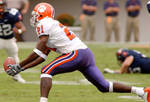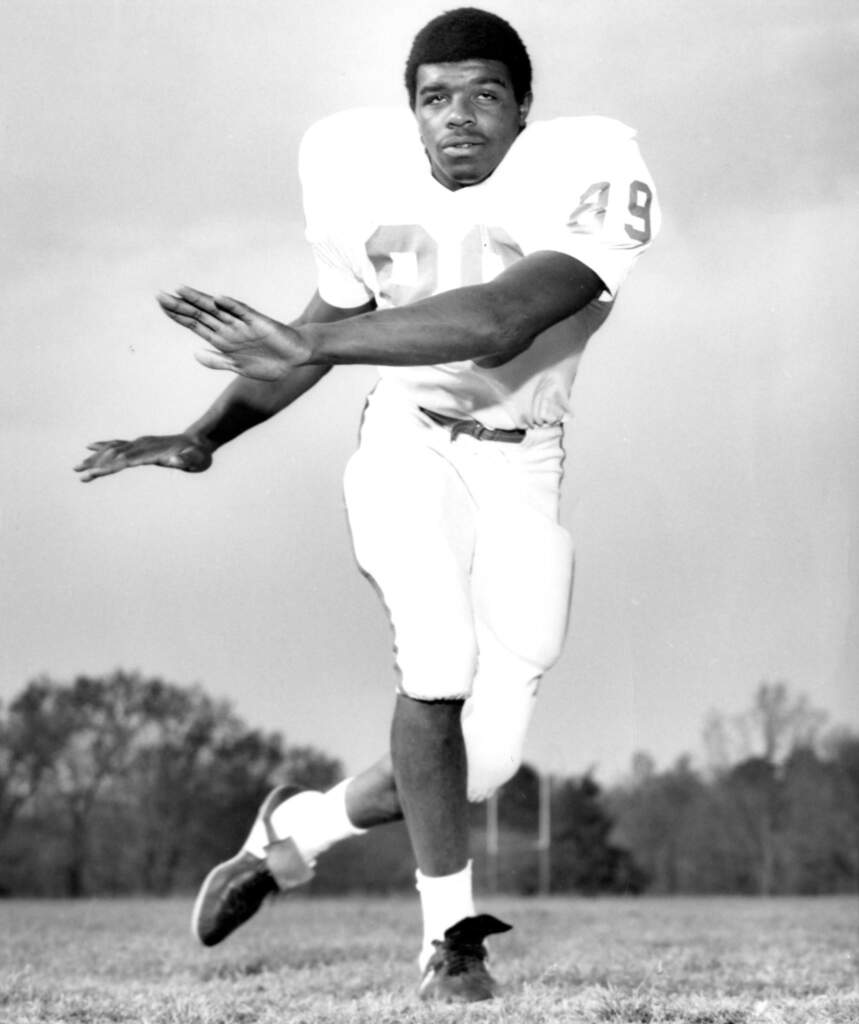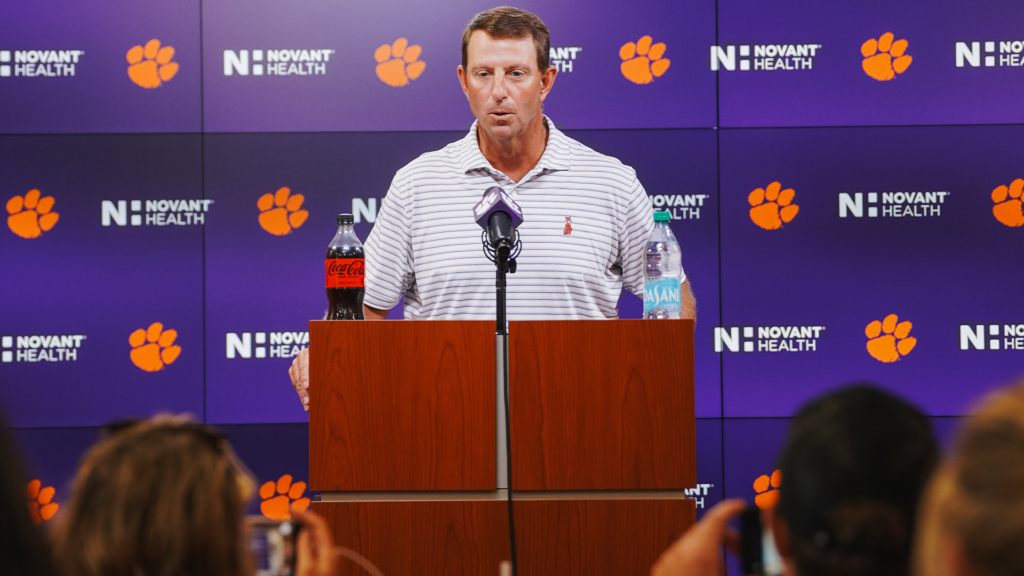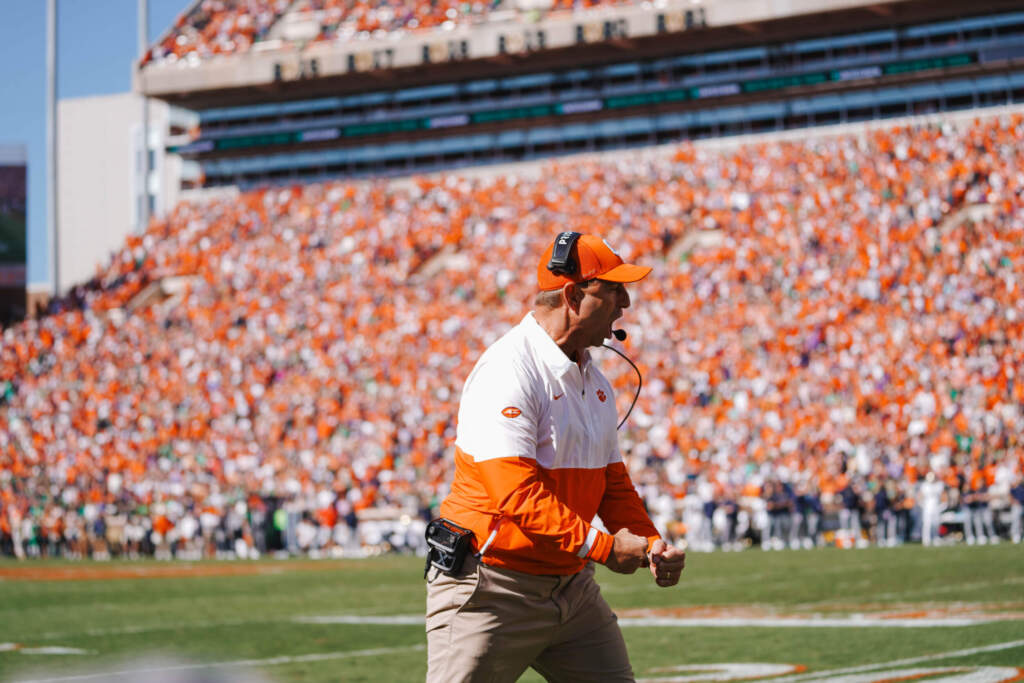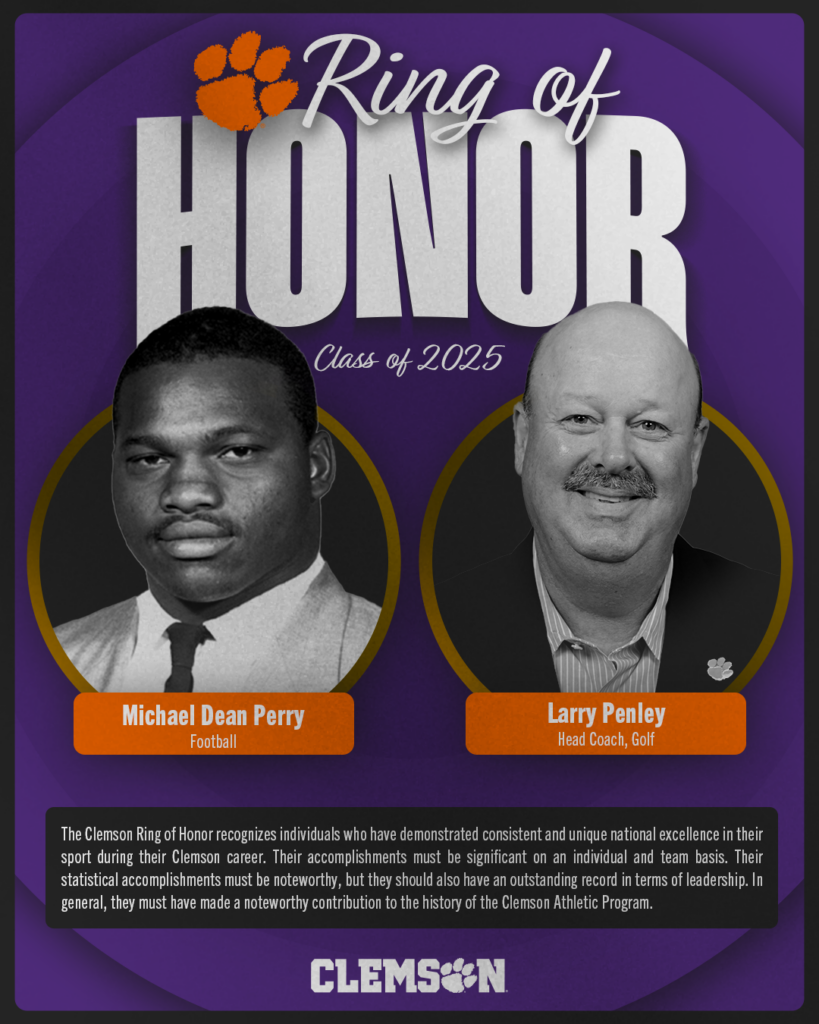Oct. 6, 2003
Game Notes in PDF FormatDownload Free Acrobat Reader
Clemson Successful on Homecoming Over the years Clemson has had great success on homecoming and Tiger fans hope that continues on Saturday. The first homecoming game at Clemson was in 1922, a 21-0 loss to Centre. Clemson was 0-4-1 through its first five homecoming games, so it is surprising that the tradition continued. Clemson defeated Auburn in 1927 by a 3-0 score for its first homecoming victory.
There is no record of a homecoming game in 1930 or 1938, but the event has been held in conjunction with a football game every year since 1939, even through the war years. Clemson has a 57-19-3 overall on homecoming games, a .741 winning percentage.
The Tigers are 27-3-2 on homecoming since the 1971 season. The only three losses have been to Georgia Tech in 1989, Virginia in 1997 and 2001 to North Carolina. Clemson defeated Wake Forest 31-23 in a thrilling homecoming game last year. Clemson has an 8-1-1 record against Virginia on homecoming. The only Cavaliers win took place in 1997, by a 21-7 score. That was the last time Virginia was the opponent on Clemson’s homecoming.
Virginia enters this game with a #24 ranking in the USA Today poll and 25th in Associated Press. This is the first time since 1996 and just the third time since 1971 that a ranked team has been Clemson’s opponent on homecoming. Clemson defeated Georgia Tech 28-25 in 1996 when the Yellow Jackets were ranked 22nd entering the game. In 1988 Clemson defeated a 5-0 and 22nd ranked Duke team on homecoming, 49-17. Clemson also defeated a 15th ranked Virginia Tech team 21-6 on homecoming in 1956. Overall, Clemson is 3-3 against ranked opponents on a Clemson homecoming.
Clemson vs. Virginia Series Clemson holds a commanding 34-7-1 lead in the series with Virginia, but the Cavaliers hold 7-5-1 advantage since 1990, including a 22-17 victory at Charlottesville last year, and a 26-24 win at Clemson in 2001. Virginia has never beaten Clemson three years in a row. Clemson has gained at least 400 yards total offense in each of the last two years against Virginia, yet lost both games.
Clemson won the first 29 games of the series before Virginia cracked the win column with a 20-7 victory in Charlottesville in 1990. Ironically, Clemson’s first win in the history of the series (in 1955) was also by a 20-7 score. Clemson’s 29-game winning streak between 1955-90 is tied for the fourth longest winning streak in NCAA history for one team over another. The record is 39 in a row held by Notre Dame over Navy, a streak that is still active heading into the meeting between the two schools in South Bend this year on November 8.
Virginia has gained its most success against Clemson when the game has been in September, an example of the Cavaliers traditional good start to a season. Virginia has celebrated five of its seven wins over the Tigers in the month of September, including its last trip to Death Valley in 2001, a game it won with just one second left. Virginia is 5-1 against Clemson in the month of September since 1990, but just 2-4-1 in October and November since that year.
Overall, Clemson is 24-2-1 against Virginia in October and November all-time, but just 10-5 against the Cavs in September. Clemson is 18-3-1 against Virginia in Death Valley and 15-4 in Charlottesville. Clemson won in Richmond in 1971, 32-15, the only neutral site game in the history of the series.
The only tie in the series took place in 1991, a 20-20 score at Clemson that was also played on homecoming. The Tigers had 511 yards of total offense in that game and did not win, the only game in Clemson history in which Clemson picked up at least 500 yards, yet did not win the game.
Clemson is 2-2 against Virginia under Tommy Bowden. Bowden picked up his first win as a Clemson head coach in 1999 against George Welsh and the Cavaliers, 33-14 in a game at Clemson. Clemson led that game 33-0, 35 minutes into the game. In 2000, Woody Dantzler led the Tigers to victory with a dazzling performance. Dantzler rushed for 220 yards and passed for 154 leading Clemson to a 31-10 victory.
The two teams have been ACC rivals since that first meeting in 1955, but the two teams have not played every year since the league was formed in 1953. The two teams did not play in 1961, 1962, 1967, 1968, 1975, and 1976.
Clemson Veterans versus Virginia Eric Coleman (DT) – Had two tackles in 21 snaps in 2002. Airese Currie (WR) – Had two catches for 14 yards in the 2002 contest; played 23 snaps in 2001, but did not catch a pass. Maurice Fountain (DE) – Had three tackles in 17 snaps in 2002; had two tackles, including one for loss, in 2001. Toure Francis (CB) – Had one tackle in the 2001 game. Jamaal Fudge (ROV) – Had one tackle and a pass deflection in last year’s game. Ben Hall (TE) – Played just four snaps in 2002 due to injury; was in on 30 snaps in 2001, but did not catch a pass. Derrick Hamilton (WR) – Had eight catches for 81 yards and 206 all-purpose yards in 2002; had nine catches for 90 yards in 2001. LeRoy Hill (LB) – Had one tackle in three snaps in 2002; had three tackles in eight snaps in 2001 game. Tye Hill (RB) – Had three carries for 43 yards at tailback in 2002 game; had 32-yard touchdown run just before halftime. J.J. Howard (DE) – Had four tackles in 15 snaps in 2002. Aaron Hunt (PK) – Had a 19-yard field goal in the 2002 game; made 1-2 in the 2001 game, a 45-yarder; was also 1-2 in the 2000 contest. Chad Jasmin (RB) – Had four carries for 10 yards in last year’s game; had one carry for three yards in 2001. Cedric Johnson (OG) – Led the team in knockdown blocks in 2002. Yusef Kelly (RB) – Had 17 carries for 72 yards and three receptions in the 2002 contest; did not play in the 2000 of 2001 games. John Leake (LB) – Had 11 tackles in the 2002 game; posted 10 tackles and one for loss in 2001. Justin Miller (CB) – Had three tackles and a pass deflection last year. DeJuan Polk (DT) – Had four tackles in 23 snaps in 2002. Travis Pugh (FS) – Had three tackles in 20 snaps in 2002. Eric Sampson (WHIP) – Posted seven tackles in 2002 and two in the 2001 game. Khaleed Vaughn (DE) – Had six tackles, including a sack, in 2002; had one tackle in 2001; had one sack in the 2000 game. Donnell Washington (DT) – Had seven tackles, including one for loss, last year; Had a sack and two quarterback pressures in the 2001 game. Charlie Whitehurst (QB) – Came in on the final scoring drive of the game for Clemson and completed all seven pass attempts for 92 yards last year. Kevin Youngblood (WR) – Had five catches for 42 yards in 2002.
Last Year’s Game Clemson 17 Virginia 22
The Virginia Cavaliers scored 16 consecutive points in the fourth quarter and overcame a 10-6 halftime deficit to defeat Clemson 22-17 in front of over 54,000 fans at Scott Stadium in Charlottesville in 2002. The win was the Cavaliers’ second straight over Clemson and followed up on their last-second victory over the Tigers in 2001.
Clemson out-gained Virginia in virtually every offensive category, including total rushing yards, passing yards and average yards per play, yet still lost. The Tigers racked up 412 yards of total offense, but also committed two turnovers and were forced to punt six times. The play of the Cavaliers’ defense and their ability to prevent Clemson from scoring on big plays was the difference in the game.
Although he did not score, Derrick Hamilton led the Clemson individual effort by totaling over 200 all-purpose yards and leading the team in receptions. It was the third time in four games that Hamilton had exceeded 200 yards in all-purpose running.Backup quarterback Charlie Whitehurst also had an impressive showing during his late fourth-quarter appearance. While seeing his first significant action of the 2002 season, Whitehurst completed all seven of his passes for 92 yards and a touchdown pass.
Brian Mance, who recorded seven tackles and an interception, led Clemson’s defense, which held Virginia to just 80 rushing yards. Defensive ends Bryant McNeal and Khaleed Vaughn each had six tackles and a sack. Roverback Altroy Bodrick had six tackles, two for a loss.
The Tigers scored first on their opening drive. After Hamilton was tackled inside the Clemson 10-yard line after bringing the kickoff out of the end zone, the Tigers marched 93 yards down the field and took nearly seven minutes off the clock. The offense finally stalled at the two-yard line, and Aaron Hunt 19-yard field goal capped off the 19-play drive. It was the longest drive by Clemson in terms of plays since 1979 when the Tigers had 19 plays against Georgia.
The Cavaliers countered early in the second quarter on Kurt Smith’s 42-yard field goal, and Smith gave Virginia its first lead of the game with 5:18 remaining when he kicked a 28-yard field goal.
Clemson regained the lead just before halftime. After an outstanding effort by Mance to intercept a pass along the Clemson sideline, running back Tye Hill ran for 32 yards and a touchdown on the next play to give the Tigers a 10-6 advantage with one minute remaining before the intermission. It was his first career touchdown and the fifth time in six games that Clemson has scored a touchdown inside the last 80 seconds of the first half.
The Cavaliers began their comeback after a scoreless third quarter. On the second play of the fourth quarter, facing fourth-down-and-goal from the Clemson one-yard line, Virginia quarterback Matt Schaub handed the ball off to All-ACC receiver Billy McMullen on a reverse play; McMullen stumbled, but kept his balance and stretched across the goal line, giving the Cavaliers a 13-10 lead.
After the Cavalier defense forced Wynn Kopp to punt, the Virginia offense organized a 17-play, 85-yard drive that erased over six minutes off the clock. Smith tallied his third field goal of the day when he nailed a 21-yard attempt that finished off the Cavaliers’ drive.
Following the ensuing kickoff, quarterback Willie Simmons’ pass was intercepted by Rich Bedesem and returned to the Clemson 17-yard line. Three plays later, Schaub found tight end Heath Miller in the end zone on a 15-yard touchdown reception.
Simmons entered the game once more and fumble the football, which was recovered by the Cavaliers but did not yield any points. Whitehurst entered the game on the next possession and guided the Tigers’ offense downfield on seven consecutive passes. His nine-yard touchdown pass to J.J. McKelvey with 1:31 remaining reduced the lead to five, but Clemson could not recover the on-side kick and Virginia came away with its fifth straight win.
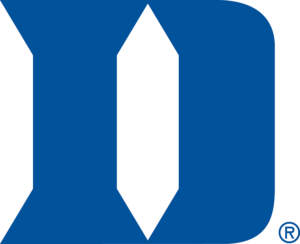 Duke
Duke 
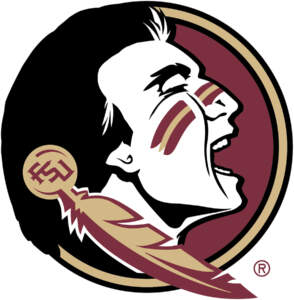 Florida State
Florida State 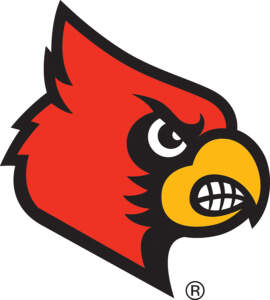 Louisville
Louisville 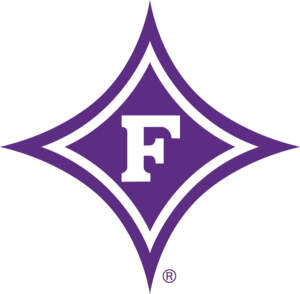 Furman
Furman 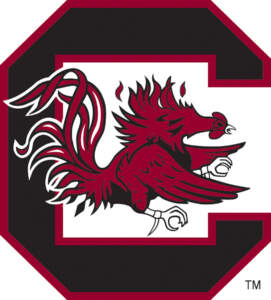 South Carolina
South Carolina  LSU
LSU 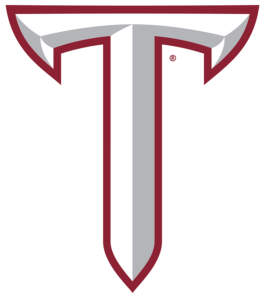 Troy
Troy 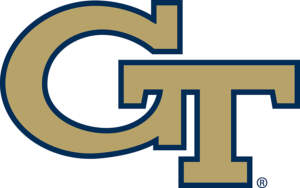 Georgia Tech
Georgia Tech 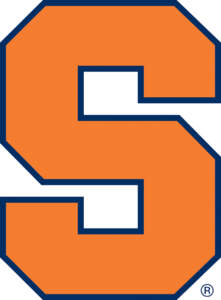 Syracuse
Syracuse 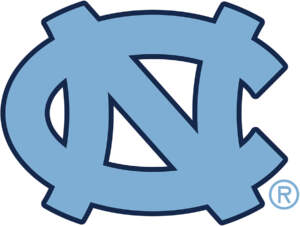 North Carolina
North Carolina 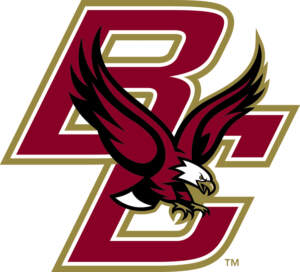 Boston College
Boston College 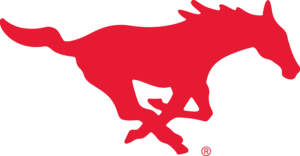 SMU
SMU 


